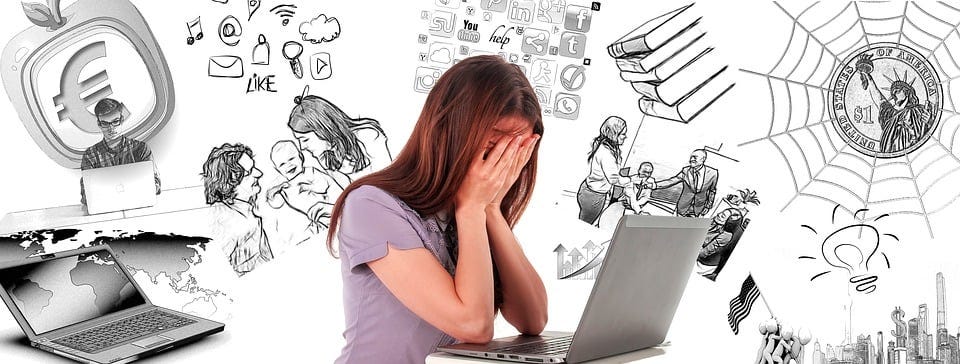The COVID crisis taught me an important lesson. Policy overreaction is a serious thing and it has vast consequences. For example, even though the danger to children was extremely modest, much of the US just shut down its school system for about a year or more. The issue with COVID policy, such as school closures, is that it took a very dire problem and didn’t subject it to quantification or seriously considered trade-offs. Rather, very heavy-handed solutions were the norm in many places.
Why? Two papers offer some ideas about COVID policy overreaction. At the Journal of Institutional Economics, Jon Murphy argues that bad COVID policy reflects chains of bad decision making. Once one actor makes a bad choice, other are bound to follow in bureaucratic situations - you get a domino effect. From the abstract:
Recent research has shown how experts may fail in their duty as advisors by providing advice that leads to a worse outcome than that anticipated by the user of expert opinion. However, those models have focused on the immediate effects of the failure on experts and nonexperts. Using a cascading network failure model, I show how expert failure can cascade throughout multiple sectors, even those not necessarily purchasing the expert opinion. Consequently, even relatively small failures end up having outsized aggregate effects. To provide evidence of my theory, I look at two case studies of COVID expert advice to show how one seemingly minor failure ended up contributing to the pandemic. I conclude with a discussion on institutional frameworks that can prevent such cascades.
Another paper in the Journal of Management Inquiry invokes neo-institutional theory to further explore this issue. Taleb Hafsi and Sofiane Baba suggest that isomorphism between public health agencies is to blame for the quick spread of lockdowns. Once one agency makes a bad decision, and triggers fear in the population, bad policy gets quickly propagated and becomes the newly institutionalized policy. From the abstract:
Policy overreaction is a common phenomenon, especially in complex and emergency situations where politicians are led to make decisions fast. In these emergency decisions, emotions run generally high and cognitive processes are often impaired. The conditions of policy overreaction are in place as emotions overwhelm decision makers’ rational processes. Drawing on the response patterns of three countries to the COVID-19 pandemic, we develop a process model of policy overreaction which describes the effects of negative emotions and institutional isomorphism on policy decision-making. Our model highlights four critical stages: negative emotions buildup, propagation of fear, isomorphic decision-making, and leading to an intractable crisis. This article shows precisely how the cascading effect of negative emotions, particularly fear, is contagious and spreads to generate crowd effects, which bend considerably policy makers’ ability to make rational decisions. Our theory provides a better understanding of the process by which policy overreaction takes place.
These two articles are distressing. Not only do they identify a serious policy problem, but the prognosis is grim. The sort of environment that leads to bad policy - rigid state bureaucracies, strong pressures for conformity, and fear mongering among citizens - isn’t going to change soon. Perhaps the best we can do is to start some sort of movement to decentralize health policy, but that’s a hideously slow process that is very likely to fail.
Bottom: Rigid bureaucracies took a really bad problem and made it worse - so what else is new?
++++++
My books: Grad Skool Rulz - cheap advice manual for grad students / The history of Black Studies / Obama and the antiwar movement / A Social Theory book you will enjoy reading / Intro Sociology for $1 per chapter




